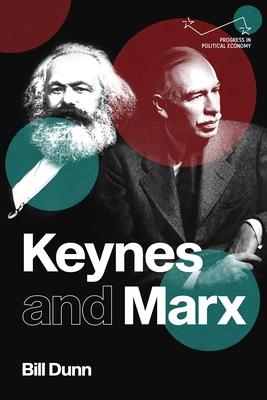Keynes was an elitist and pro-capitalist economist, whom the left should embrace with caution. But his analysis provides a concreteness missing from Marx and engages with critical issues of the modern world that Marx could not have foreseen. This book argues that a critical Marxist engagement can simultaneously increase the power of Keynes's insight and enrich Marxism.
Dunn explores Keynes's work in the context of the extraordinary times in which he lived, his philosophy, and his politics. By offering a detailed overview of his critique of mainstream economics and General Theory, Dunn argues that Keynes provides an enduringly valuable critique of orthodoxy, and develops a Marxist appropriation of Keynes's insights. The book considers the prospects of returning to Keynes, critically reviewing the practices that have come to be known as 'Keynesianism' and the limits of the theoretical traditions that have made claim to his legacy.
Keynes was an elitist and pro-capitalist economist, whom the left should embrace with caution. But his analysis provides a concreteness missing from Marx and engages with critical issues of the modern world that Marx could not have foreseen. This book argues that a critical Marxist engagement can simultaneously increase the power of Keynes's insight and enrich Marxism.
Dunn explores Keynes's work in the context of the extraordinary times in which he lived, his philosophy, and his politics. By offering a detailed overview of his critique of mainstream economics and General Theory, Dunn argues that Keynes provides an enduringly valuable critique of orthodoxy, and develops a Marxist appropriation of Keynes's insights. The book considers the prospects of returning to Keynes, critically reviewing the practices that have come to be known as 'Keynesianism' and the limits of the theoretical traditions that have made claim to his legacy.Paperback
$39.00